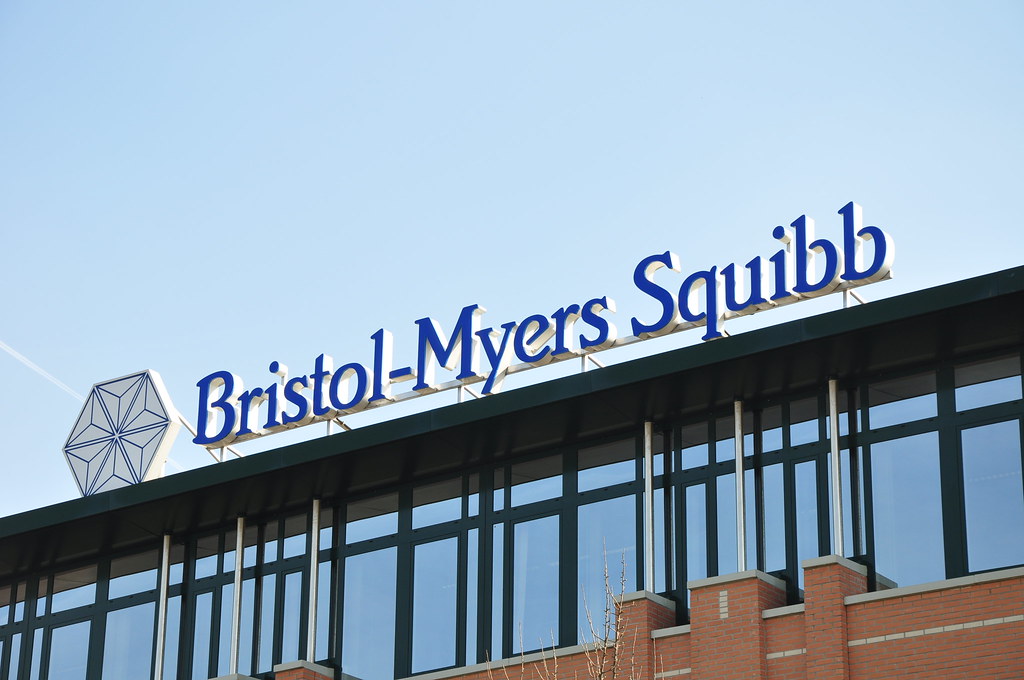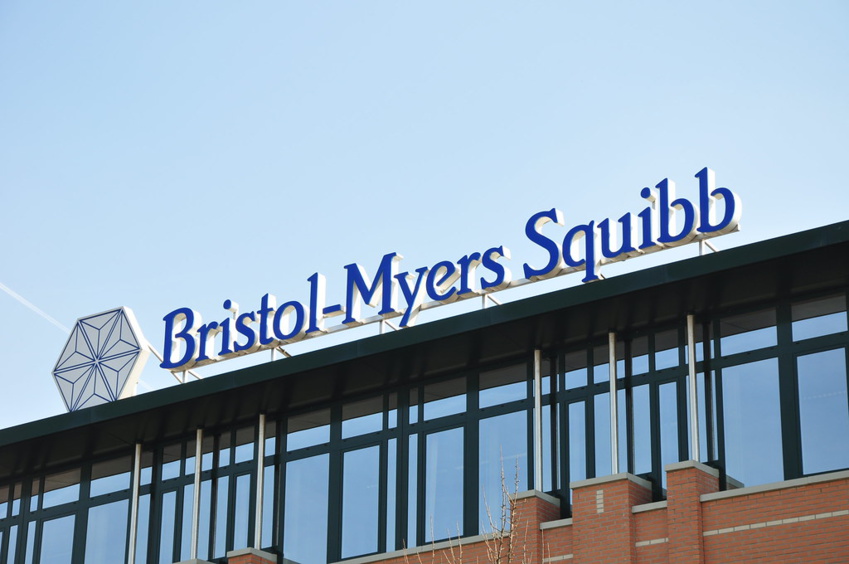Bristol Myers Squibb has launched a $1.8 million initiative aimed at promoting health equity by addressing social determinants of health (SDoH) in Brazil, India, Thailand, and the United Kingdom, where underserved patient needs are prominent. These health equity grants are part of the company's broader commitment to invest $150 million in health equity by 2025.
In many healthcare systems globally, disparities present significant challenges, with SDoH factors contributing substantially to health outcomes. The World Health Organization (WHO) defines SDoH as non-medical elements influencing health outcomes, including income, education, environment, social support, genetics, healthcare access, and gender. Recognizing the importance of SDoH in achieving the United Nations Sustainable Development Goal #3 (Good Health & Well-being), Bristol Myers Squibb emphasizes the need to address these factors to ensure healthy lives for all.
Cari Gallman, Executive Vice President of Corporate Affairs at Bristol Myers Squibb, emphasized the company's dedication to providing equitable access to high-quality healthcare worldwide, regardless of geographical location.
The initiative will support eight organizations in addressing the root causes of health inequities to create lasting impacts at the community level. These organizations operate in countries with underserved populations affected by cancer and blood disorders. Upon assessing the outcomes of this pilot program, Bristol Myers Squibb will consider expanding into other regions and communities to dismantle systemic barriers to care and improve access and health outcomes.
The selected grantees include:
In many healthcare systems globally, disparities present significant challenges, with SDoH factors contributing substantially to health outcomes. The World Health Organization (WHO) defines SDoH as non-medical elements influencing health outcomes, including income, education, environment, social support, genetics, healthcare access, and gender. Recognizing the importance of SDoH in achieving the United Nations Sustainable Development Goal #3 (Good Health & Well-being), Bristol Myers Squibb emphasizes the need to address these factors to ensure healthy lives for all.
Cari Gallman, Executive Vice President of Corporate Affairs at Bristol Myers Squibb, emphasized the company's dedication to providing equitable access to high-quality healthcare worldwide, regardless of geographical location.
The initiative will support eight organizations in addressing the root causes of health inequities to create lasting impacts at the community level. These organizations operate in countries with underserved populations affected by cancer and blood disorders. Upon assessing the outcomes of this pilot program, Bristol Myers Squibb will consider expanding into other regions and communities to dismantle systemic barriers to care and improve access and health outcomes.
The selected grantees include:
- Instituto Lado a Lado pela Vida in Brazil, focusing on prevention, diagnosis improvement, and patient referral for cancer treatment in rural areas of Minas Gerais.
- Instituto Oncoguia in Brazil, training healthcare professionals at Oncology Centers to provide informed and empowered care for people with cancer.
- The Gabriel Project Mumbai in India, creating innovative solutions to treat sickle cell anemia and oral cancer in underserved tribal villages.
- The Liver Foundation, West Bengal in India, training rural healthcare providers to advocate for and prevent hepatocellular carcinoma in Indian rural communities.
Bristol Myers Squibb's Health Equity Approach
Bristol Myers Squibb views health equity as the chance for every individual and community worldwide to achieve their utmost potential for health and well-being. Our efforts transcend conventional healthcare realms, stressing the significance of community input and collaborations across sectors to develop solutions that foster meaningful and fair health outcomes on a global scale.
Bristol Myers Squibb views health equity as the chance for every individual and community worldwide to achieve their utmost potential for health and well-being. Our efforts transcend conventional healthcare realms, stressing the significance of community input and collaborations across sectors to develop solutions that foster meaningful and fair health outcomes on a global scale.
- The Foundation for Education and Development in Thailand is dedicated to enhancing prevention and primary care in Burmese migrant communities near the southern border with Myanmar. Its objective is to bolster migrants' connections to Thai healthcare facilities and services, thus expanding healthcare accessibility for Myanmar migrants.
- The Patients Association in the United Kingdom endeavors to bridge the gap between social care and healthcare, with the ultimate aim of diminishing health disparities and enhancing access to high-quality care for marginalized populations.
- Blood Cancer UK in the United Kingdom spearheads a project aimed at diminishing inequality in clinical trial recruitment among ethnic minority communities with blood cancer. Blood Cancer UK collaborates with local communities to co-create a model, along with corresponding tools, campaigns, or services, to enhance awareness of and participation in clinical trials at the local level.
- The Less Survivable Cancer Taskforce in the United Kingdom, facilitated by Pancreatic Cancer UK, strives to ensure that governments and healthcare services nationwide prioritize and undertake concrete measures for less survivable cancers, with the objective of doubling survival rates within the next decade.


 Driving Global Health Equity: Bristol Myers Squibb's Initiatives and Partnerships
Driving Global Health Equity: Bristol Myers Squibb's Initiatives and Partnerships





 Companies
Companies